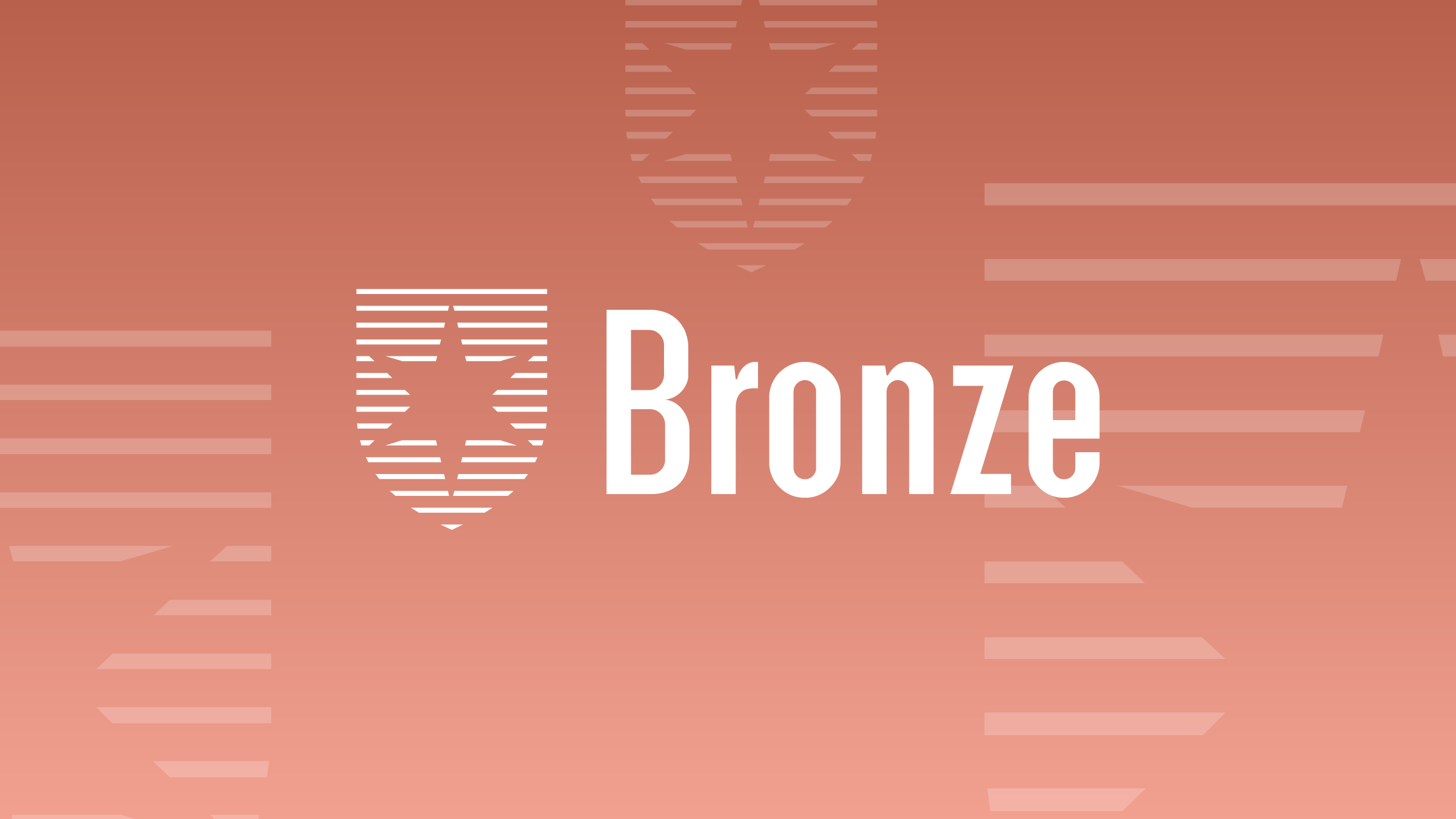When most of us give money to charity, we do so by opening our pocketbooks or writing cheques. But if you have at least $10,000 in cash, publicly traded securities or other investments that you wish to donate, donor-advised funds are worth a look.
Donor-advised funds are similar to private foundations but without the hefty administrative costs and million-dollar price tag to get one started. "I describe them as a more flexible form of charitable giving. Someone makes an upfront contribution and allocates the income from their contribution to their charities of choice for a longer period of time," says Brad Offman, vice-president of strategic philanthropy for Mackenzie Financial Corp.
Donor-advised funds are mainly about leaving a legacy, says Cynthia Kett, a chartered accountant and certified financial planner with Stewart & Kett Financial Advisors Inc. in Toronto. She established one for her family five years ago. "I wanted to do something that would have a lasting impact in the area of charitable giving," she explains.
How do you set up a donor-advised fund? First, you would fill out an application from an organization that manages such a fund. Some financial institutions offer donor-advised funds but the price tends to be lower if you set one up directly through one of Canada's 180 community foundations.
In the latter case, a portion of your donation would benefit the foundation while the rest would be allocated to other charities of your choice. Community foundations usually require $10,000 to start. The Mackenzie Charitable Giving Fund, in comparison, is offered only through financial advisors and there's an entry point of $25,000. "Once you make that initial upfront donation, there's no obligation to contribute any more money, although many people continue to contribute on an annual basis," says Offman.
Once your fund is set up, you would then make your upfront donation. You then name your fund. It could be as simple as your name (i.e. the Jane Johnson Family Fund), named after a loved one in memory (i.e. the Bill Johnson Memorial Fund) or something else entirely that has no individual reference (e.g. Charities R Us).
 |
|
 |
|
| Brad Offman | |
 |
|
 |
|
 |
Your donations are placed in investment products of your choice, which are managed by professional money managers hired directly by the financial institution or community foundation. Administration fees for donor-advised funds generally start at 1% of the fund's assets.
Since your money is invested, you have the potential to grow the amount you give to charity over time. You then grant an amount to your favourite registered Canadian charities each year.
"Not all funds will have the same annual granting rates but generally speaking, it's about 5%," notes Offman. Some people may just pick one charity while others may want to divide the donation between a few different beneficiaries or alternate each year. Donated amounts are irrevocable once they are in the fund.
Kett appreciates the control and flexibility a donor-advised fund provides with her overall charitable giving strategy. "I like being able to benefit multiple organizations through my donor-advised fund, both now and in the future. I can have family involvement with how the annual income is distributed and create a family culture of wanting to give back," she says. "It's a great strategy for those who wish to make gifts during their lifetime and who want to see them in action."
The actual tax benefits of a donor-advised fund are often misunderstood. Some believe you get tax receipts from the outset and then every time a charity receives a donation through the fund. Not true, notes Frank Di Pietro, director of tax and estate planning for Mackenzie Financial.
In reality, tax receipts are issued only when you initially make your contribution to your fund as well as any subsequent donations, he says. You will also not receive a tax receipt for any earned investment income in the fund.
Donor-advised funds make provisions for estate planning. For example, you can name a successor to manage your fund if you die or become incapacitated, or simply make standing orders to various charities in the event of your passing. You can also name your fund as the beneficiary of your RRSP, life insurance or any other investments.















